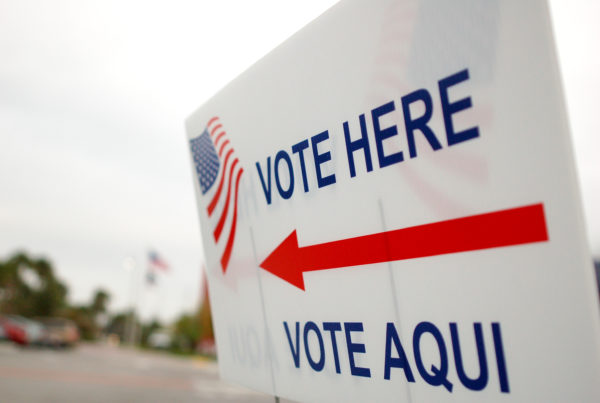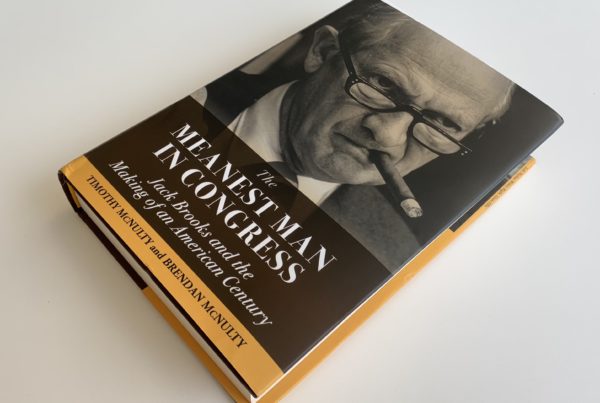School funding and property taxes took center stage during the 2019 state legislative session leaving little room for the issue of health. New data from the Episcopal Health Foundation shows how much attention Texas health care really needs.
Elena Marks is president and CEO of the Episcopal Health Foundation, and one of the author’s of the 2019 Texas Health Policy Survey. She says health care access and affordability intersect to create obstacles that cost Texans.
“Affordability is a crisis relating to access,” Marks says. “…if you have lots and lots of money or excellent health insurance, you can generally get access. If you don’t, then access is your problem.”
Marks says the results of this year’s survey reflect ongoing issues in Texans health care, and that Texans continue to struggle. Roberts says Texans looked to the legislature for solutions, to no avail.
“They have asked the state legislature to take action in this arena and that it’s just not happening at the rate that Texans would like,” Marks says.
Marks says the Episcopal Health Foundation released findings earlier this year that indicate Texans want lawmakers to address their health care concerns.
“We we released that earlier in the year hoping that the legislature would take that into account when they were going through the session,” Marks says. “But most of the bills that would have expanded access to affordable care didn’t go anywhere.”
Marks says she doesn’t know why legislation has not moved forward – such as one measure that would have expanded Medicaid coverage for women after delivering a child. It did not pass even though the recommendation for the bill was the based on data produced by a state-created task force on maternal deaths.
“There’s a lot of data that shows that pregnant women and postpartum women have significant health issues,” Marks says. “…and once they are dropped from the roles of Medicaid, their health suffers and in some cases it leads to maternal death.”
Marks says budgetary concerns do not justify a lack of action from lawmakers.
“When you look at the morbidity and mortality that results from women being out of care, there’s really not a question as to whether, in the long run, this is a cost-saving, not to mention life-saving effort,” Marks says.
Marks says the narrative painted by the current survey is not new. Among all demographics, patients are forgoing prescription refills and diagnostic tests recommended by doctors. Marks says these issues are magnified for other groups.
“The lower income you are and if you are not white, you are much more likely to not have access to affordable health insurance,” Marks says.
Marks says even individuals who can afford their own health insurance or obtain it through an employer have trouble paying for care.
“Some of those plans, because the costs have risen so much, have cut back on their benefits,” Marks says. “And more employers are shifting costs to their employees either by making them pay a larger percentage of the premium or increasing the deductibles.”
Marks says voters have the power to sway lawmakers in a positive direction regarding health care.
“The state can actually do something about it,” Marks says. “This was a session on education, not so much on health. Maybe next time’s the health session.”
Written by Geronimo Perez.
Support for Texas Standard’s ”Spotlight on Health” project is provided by St. David’s Foundation.















